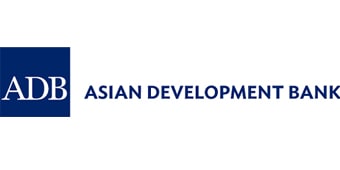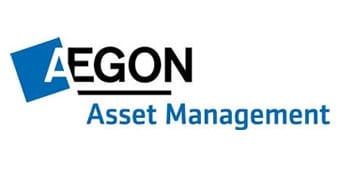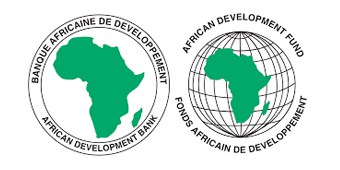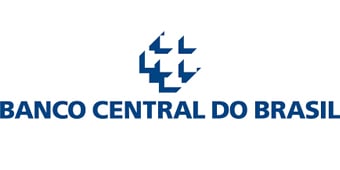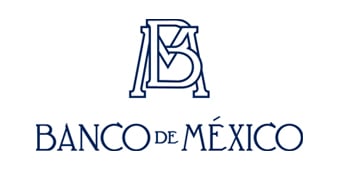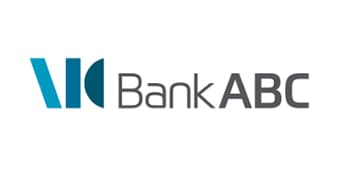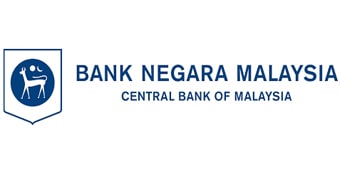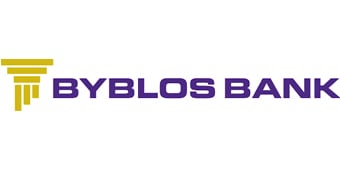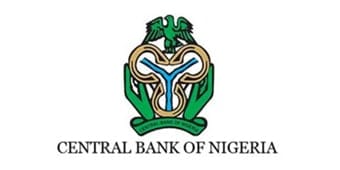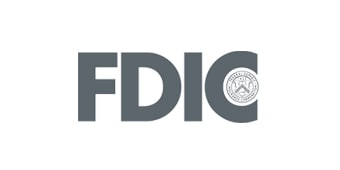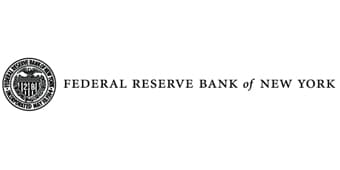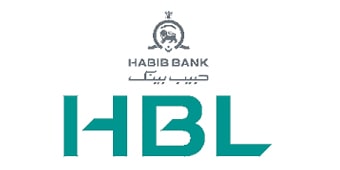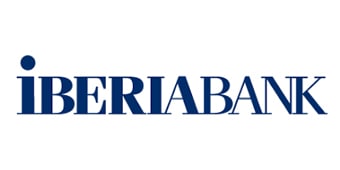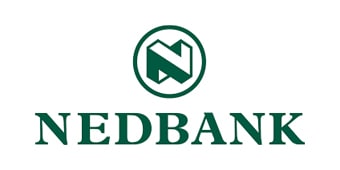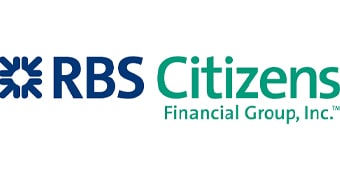
27 Jan 2023 – What Can We Expect?
Dennis Cox, CEO, Risk Reward Ltd offers insights and expectations relating to the economic cycle, money markets, investments, inflation, interest rates, wealth creation and job security, commodities, bonds, equities, and real estate within the post-COVID and global unrest environment.
As we look ahead into 2023 and beyond what are the key trends and expectations, we are likely to confront? Without doubt we are facing the new year with a greater level of uncertainty than has been the case for many years. Driven by changing and challenging economic circumstances, which are driven in turn by a range of issues, the year is harder to assess and predict than is normally the case.
It is perhaps the key global issues which drive this level of uncertainty. Let us look at some of the key issues that we need to face, and this then leads to our expectations for the year ahead.
Global Unrest
As we have discussed in previous articles 2023 is in the occurs within the phase greater economic cycle which tends to lead to unrest of various types. We mentioned that this was unpredictable both in terms of geographic location and the depth of unrest severity. All of us now feel the consequences of this as we look towards European and Asian issues, but other parts of unrest – as we shall discuss – can occur almost anywhere in the world and at any time.
Foremost are the concerns over the unmitigated human disaster which exists at present in Ukraine. At its most basic we take the view that the Ukrainian fiasco should never have happened. We have come to expect in the modern world that leaders would be capable of resolving concerns without having to resort to massive death and horrific destruction.
However, this is not the case and what we see is an increasing series of entrenched positions without any real likelihood of success or resolution; and of course, the nuclear dilemma remains an issue. Our current view is that we anticipate an attritional stalemate running into 2024 without resolution until Q3 2024.
But this is not the only arena of concern. From the activities of China, including but not restricted to Taiwan to North Korea, then considering both Afghanistan and Iran, there are a wide range of potential conflicts that could significantly derail any economic expectations.
There is also another region of unrest, this one which is felt closer to home: the cyclical unrest caused by select individuals or groups feeling that they do not have a stake in society and the success of the common good. Feelings of disenfranchisement inextricably lead to rioting and other forms of civil unrest. We expect there to be significant unrest during 2023 and continuing into 2025. This is in part due to the stage of the economic cycle yet watch worthy. Anything predicted in this paper seeks to take these matters into account, however a significant escalation in any of the issues raised here could cause a major form of disruption to our expectations.
The Economic Cycle
It is difficult to assess the length of the current economic cycle. History suggests that each cycle is perhaps 25 years. We have exited the interest rate declining environment which has been with us since 1982. Interest rates declined until 2017, a period of 35 years, followed by a period of low interest rates, followed then by trend volatility.
Now interest rates are rising during 2022 and we should be wary of this. The trend for the increase in global interest rates which we anticipate does not start with the 2022 increases. We remain of the view that these were populist actions taken to appease perceived problems and will, with the benefit of hindsight, be seen to have been not only unnecessary but potential economically harmful.
The rising interest rate environment will operate for up to 35 years which will mean that in general there will be an expectation every year of an increase in interest rates. This is not great for economic growth or activity, nor for wealth accumulation. Consequently, this is not the part of the cycle where there is likely to be major capitalist wealth creation through investment. Additionally, things are made more complicated by the recent pandemic and its consequences.
The Consequences of the COVID Pandemic
There are a wide range of consequences but let us first consideration both companies and countries.
Most governments sought to ameliorate the consequences of the pandemic by providing broadly based support, particularly for companies. The level of borrowing that has taken place has no true historical precedent. At its most basic governments borrowed from the markets and rather than creating wealth leading to future growth, supported current activity. Borrowing without building future growth fails to provide the ability of a country to service or repay their borrowings. Tax revenues will not increase since the funds provided enabled business to continue, but not invest for the future.
To make matters worse companies have taken on debt, often at what might initially have been seen as preferential rates but are now being required to make capital repayments which must come from their sustainable free cashflow. What this means is that companies are not in a position to invest for future and the level of debt that they have taken on will increasingly create a barrier to growth.
We expect to see an increased incidence of corporate failures as levels of indebtedness combined with increasing interest rates causes firms to be unable to continue.
The reduction in investment and the level of uncertainty and job security also poses a challenge to the general employment market. Whilst at this stage of the recovery from pandemic there are opportunities for job creation, these are what might be termed as recovery employment. These jobs will slowly disappear and as some of the other trends discussed below take place it is to be expected that unemployment will increase globally. We expect that trend to commence in 2024/2025.
Inflation and Interest Rates
All of us have seen the consequences of inflation. However as discussed in a previous INSIGHT article this is not typical inflation, rather it is event driven. Unfortunately, too many countries have applied conventional wisdom to dealing with inflation, when appropriate analysis would have led to a different conclusion.
The key drivers of rising inflation were the impact of COVID on global supply channels and the Ukrainian fiasco impacting energy prices. The energy issue in terms of spot price movements is essentially over. Both oil and gas prices are significantly depressed and there are no signs that this is likely to change in 2023. (We will come back to this again later.) What this means is that the energy driver of inflation has actually swung into reverse. Not only do we not have a price increase, but a significant price decrease.
The supply chain issues are only now coming to conclusion. Supply chains and freight rates are returning to an element of normality whereas prices aligned to this have not yet fully aligned. As major corporates reduce their reliance on extended supply chains this has led to a delay in the reduction in inflation. However, some markets have already seen a marked reduction, with the USA being a prime example.
We expect a sharp and continued reduction in inflation during 2023. We expect rates of inflation to have decreased by at least 50% by the end of year and this reduction would have been faster and more pronounced had interest rates not been in our opinion raised inappropriately.
Interest Rates and Bonds
As we all know, governments globally have increased interest rates to reduce inflation. Typical inflation is created by an excess of demand over supply. Raising interest rates cools the supply needs resulting in reductions in inflation. Except this was not standard supply demand inflation, instead it was event driven inflation. The consequence for both companies and individuals was enhanced tightening resulting in increasing loan defaults and poverty. Indeed, the complexity of the yield curve at present highlights the two conflicting realities we are currently facing.
Since the events were always likely to come to an end the drivers of inflation would also swing into reverse. That is what we are seeing now. The question is how quickly can central banks and governments reduce the interest rates? Our expectation is that rates will start to reduce on both in Q3 and Q4 2023, with that decrease continuing into Q1 2024.
We then expect interest rates to commence their future trends in Q3 2024 with rates increases on average continuing over the following 25 years, albeit not smoothly. That would suggest that bonds will remain strong in the short term, specifically in the area of money markets; whereas they are likely to struggle at the longer end.
The Equities Market
Both the debt overhang and increased interest rates have dampened economic growth and this will become evident in corporate results in 2023. However, the long-term growth prospects for fixed income remain challenging and crypto markets are going nowhere, so the question is where will investment funds flow to?
There is an expectation that funds will flow into money markets. The hedge fund market did not have a great 2022 and until there is a clear trend operating is unlikely to have a great 2023. This leads to the conclusion that equities may well outperform other investment classes during 2023 not due to economic fundamentals but due to their not being any realistic alternative. We expect markets such as the DOW and FTSE to increase by around 5% in 2023.
Real Estate Market
All of the fundamentals appear to combine to negative sentiment in both retail and commercial real estate. As always, the sector will show areas of growth as we have seen during 2022 with warehousing, for example. Local factors can also cause markets to increase. However, in general globally the consequences of the stress caused by recent events and the squeeze resulting from increasing interest rates will have a negative influence on real estate.
There will also be a reduction in building activity as a consequence of the monetary and fiscal tightening potentially resulting in supply and demand becoming unbalanced. As a consequence to this imbalance, we anticipate that there will be benign decline in real estate prices rather than a hard correction and that that this is likely to be the position for 2024 and 2025.
Commodity Markets
Most commodity market are substantially below their peaks with gas, for example, 64% below and oil 45% below. Other hard commodities show similar patterns.
The recent crises and the forward looking negative economic scenarios all lead to suggestions that demand will remain constrained. Consequently, we do not expect a recovery in commodity prices in the short term and increasing downward pressure in the medium term.
Once again there are multiple trends combining together. The supply chain issues resulting from the COVID crisis created a spike in commodity prices which has now completely reversed. The increased focus on moving to a low carbon economy is constraining demand with the challenges of the conflicts previously referred to constraining supply. Market prices have stabilised with continued downward pressure. However if there is a change to the supply constraints then an oversupply of energy is likely to be the outcome and that would lead to greater reductions.
Taking that into balance we expect World crude to be priced around $72 at the year end with gas around $125. Most other commodities we also expect to reduce by around 5%.
Conclusion
These trends combined paint a cautionary and complex picture. The artificial event driven inflation and the elevated interest rates complicate the outlook. The levels of indebtedness are likely to be difficult for sovereign nations to manage particularly if there is a political movement towards much greater fiscal responsibility and increased interest rates rendering problems with debt servicing. The level of global unrest only serves to complicate the position, as does the reduction in reliance on extended global supply chains.
So what can individuals expect?
- Deposit rates are unlikely to keep up with inflation in 2023 so whilst providing liquidity will not provide return. Likewise, money market rates are depressed in part due to the move into this asset class. In the one-year view, bonds are potentially an interesting asset class, whereas in the longer term they look to be overpriced.
- Equities could become the natural home for some of the assets which are seeking return, but the economic conditions will probably support value based or defensive call investment. Commodities remain unfashionable and we cannot see that changing in the year.
- This phase of the economic cycle does not tend to be great for real estate, but that is not to say that some local factors might create buying opportunities, particularly where supply has been constrained.
For companies, many have a higher level of borrowing after crisis than was the case previously. They are now using their sustainable free cash flow to repay borrowings rather than being able to invest in their businesses. With costs rising they are also finding it hard to raise prices aligned to the inflation they are suffering. The economic scenario in the one-year view appears reasonable if a little tough, but resilient companies will find a way to evolve and prosper in this market.
It is even more important for firms to modernise and become more agile and efficient to enable them to survive this difficult set of scenarios. They need to make better use of Artificial Intelligence and robotic process automation to increase medium and long term profitability. For corporate investment, this remains a “be cautious” year – it is best to keep looking out for the changing scenarios, reassessing, and re-strategizing. Good luck in 2023.
Dennis Cox
London, 26 January 2023
DWC@riskrewardlimited.com







